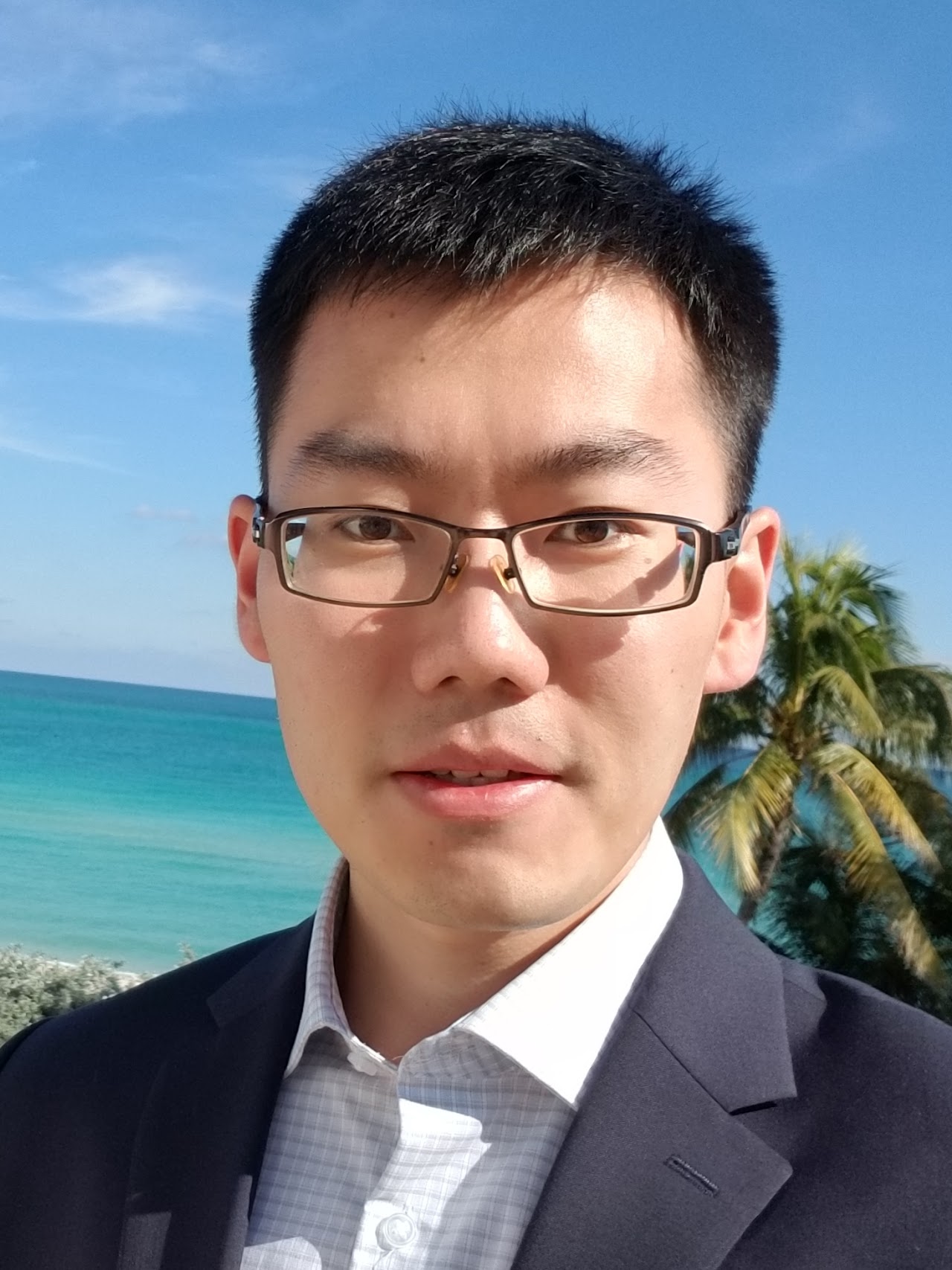Upcoming Event: Oden Institute Seminar
Jingqi Li, Oden Institute
3:30 – 5PM
Tuesday Oct 7, 2025
POB 6.304 and Zoom
As autonomous systems increasingly operate in shared and uncertain environments, their ability to make decisions that are both safe and strategically sound is essential. This talk presents a game-theoretic framework for achieving safe, strategic multi-agent autonomy. We begin with a new learning-based reachability analysis method, based on a zero-sum game formulation, and provide deterministic safety guarantees against worst-case scenarios. To extend this framework to more complex multi-agent interactions, we integrate it with multi-agent reinforcement learning and introduce a layered safety architecture that can handle partial observations and uncertain dynamics. To move beyond the conservatism of worst-case assumptions, we then consider general-sum dynamic games in which agents pursue distinct objectives subject to coupled constraints. By deriving game-theoretic Karush–Kuhn–Tucker (KKT) conditions, we design scalable algorithms for computing equilibria such as feedback Stackelberg and Nash, while addressing challenges including coupled chance constraints and sparse observations. Because coordination often hinges on agents' uncertain intent, we further develop efficient methods for inferring agents’ objectives and their beliefs about others in dynamic games. Finally, we show how persistent information asymmetry, rather than being solely a limitation, can be strategically leveraged to shape agents' beliefs and enhance task performance. Taken together, these contributions provide an initial perspective on how game theory can support the design of safe, efficient, and intelligent multi-agent autonomy.
Jingqi Li is a Postdoctoral Researcher at the University of Texas at Austin. He received his Ph.D. in Electrical Engineering and Computer Sciences from the University of California, Berkeley, in 2025, advised by Profs. Claire Tomlin and Somayeh Sojoudi. His research develops computationally efficient methods for strategic decision-making in multi-agent autonomous systems, by integrating control theory, game theory, and reinforcement learning. His work can be grounded in applications such as autonomous driving, air mobility, drone racing, multi-robot manipulation, and pricing in smart grids. He is a recipient of the Leon O. Chua Award from UC Berkeley and the Peter O’Donnell Jr. Postdoctoral Fellowship from UT Austin.
